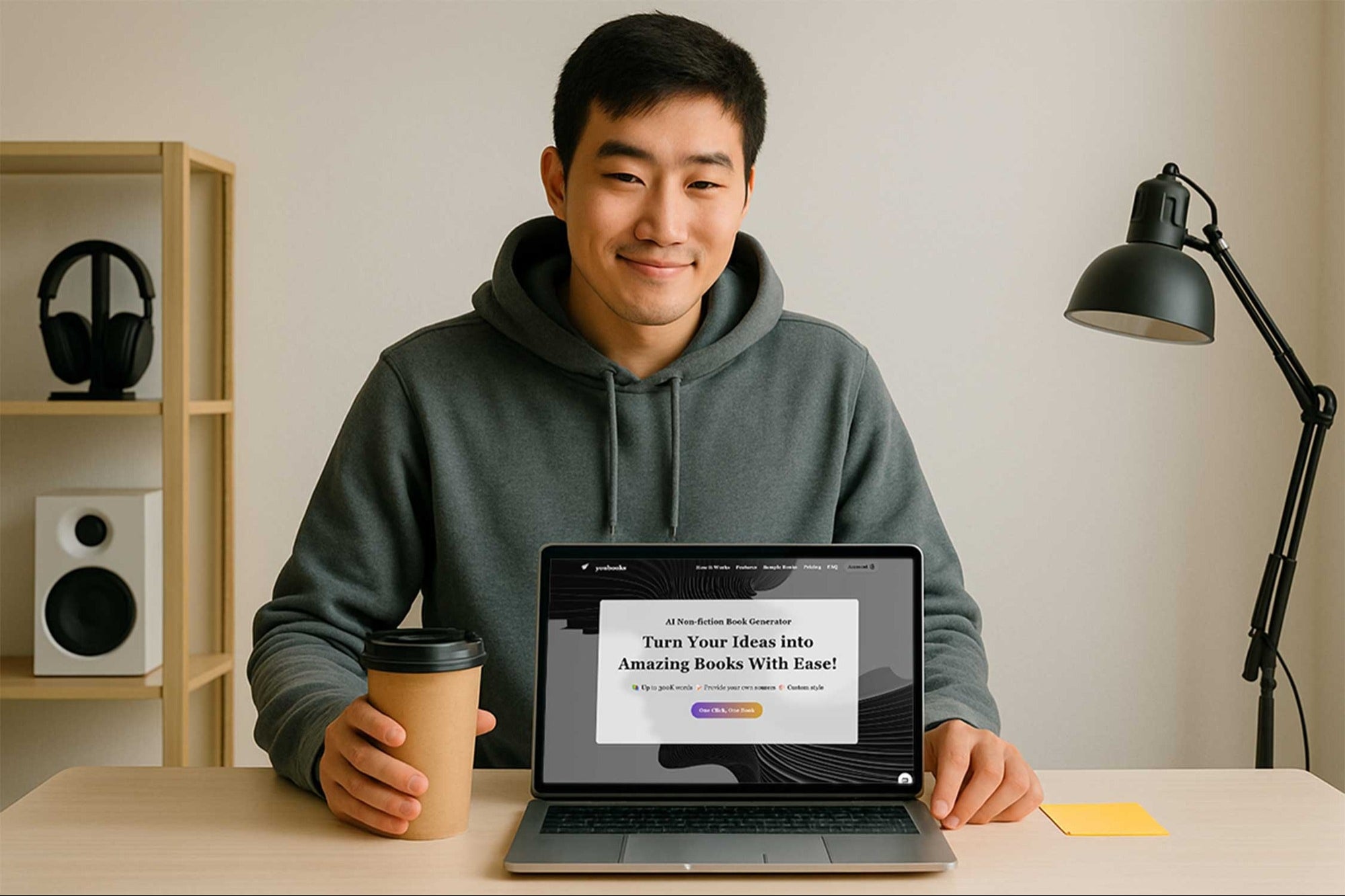The Best Part of Google's Conference Was a Teen Who Taught Himself to Code to Diagnose Cancer Google was so impressed with his app that the company showcased it during CEO Sundar Pichai's opening keynote at its I/O developer conference.
By Julie Bort
This story originally appeared on Business Insider

One of Silicon Valley's fundamental beliefs is that everyone in tech is working on something that could change the world.
In truth, most of the 2 million apps in the app store do no such thing. But every so often a curious kid will sit down, study up on some new technology and create something mind-blowing.
The latest example: a high-school kid named Abu. He created an app that uses machine learning to diagnose breast cancer from mammograms.
Abu and his family are immigrants from war-torn Afghanistan, who came to the U.S. when Abu was a little boy.
"It's not easy coming in," Abu said. "The only reason we made it through some of the times that we did is because people showed acts of kindness."
From that, Abu learned that "helping people always comes back to you."
Google was so impressed with the app that the company showcased it during CEO Sundar Pichai's opening keynote at its I/O developer conference Wednesday and even invited Abu to attend the conference in person. A video Google played told his story.
When Abu was 15 and a high school freshman, he sat down at his computer and Googled a term he didn't know: "machine learning." As he found out, machine learning is a technology that trains computers to look for patterns and make predictions. Abu became mesmerized by machine learning's potential.
So when he got an assignment in his beginning programming class to do a project that would show how technology can solve a problem, he wanted to use machine learning to do something that would truly help people. His ambitious idea was to diagnose breast cancer.
"Everyone else was building a calendar," he said.
His teacher discouraged the idea, not wanting him to shoot for something that lofty. But he did it anyway, spending hours teaching himself how to code and watching YouTube videos to learn a popular Google machine learning technology called Tensorflow.
Then he successfully built the app. Whether it will one day actually be used by doctors remains to be seen. But his work gained him the attention of Google, no small thing.
As it happens, Google has been working on related projects. Just last month researchers at the company successfully tested a similar system.
Here's the heartwarming video:











